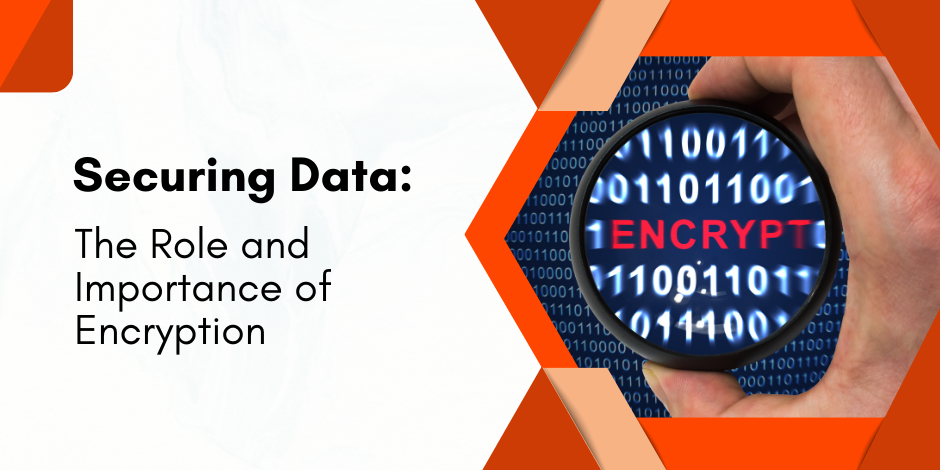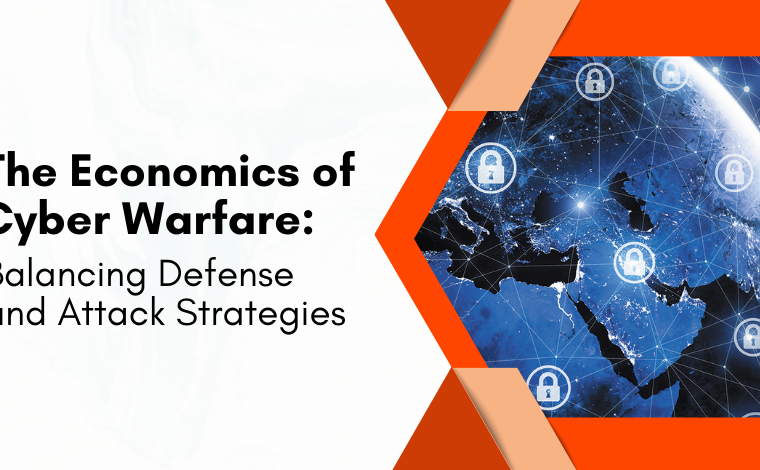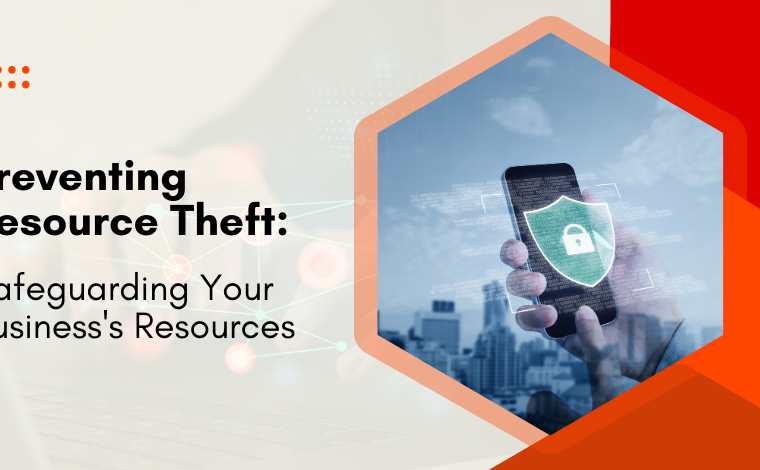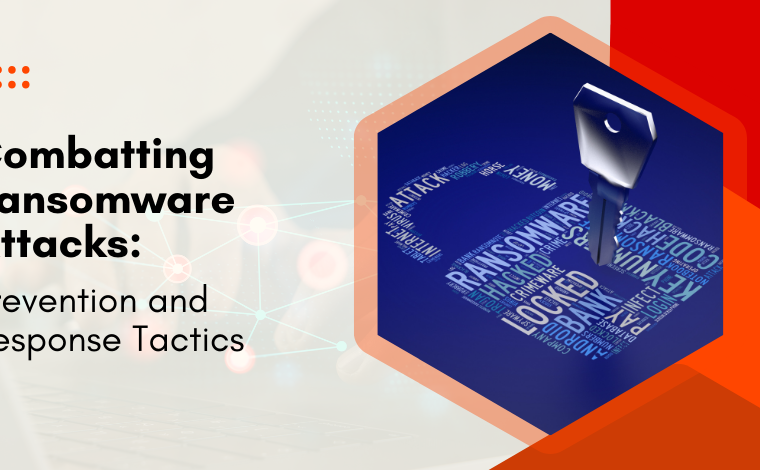Securing Data: The Role and Importance of Encryption in Cybersecurity

Stay Informed With Our Weekly Newsletter
Receive crucial updates on the ever-evolving landscape of technology and innovation.
As the digital world continues to evolve, the importance of securing data cannot be overstated.
353 million people fell victim to data breaches in 2023, with identity theft surpassing 1.1 million incidents and fraud accounting for over 2.5 million of the reports.
One of the most effective ways to achieve this is through encryption, a key component in the realm of cybersecurity.
This article delves into the role and significance of encryption in cybersecurity, providing a comprehensive understanding of this crucial subject.
Understanding encryption in cybersecurity

Before delving into the role of encryption in cybersecurity, it is essential to understand what encryption is.
Encryption is a method of converting data into code to prevent unauthorized access.
It is a critical aspect of data security, especially in the era of cyber threats and data breaches.
Encryption in cybersecurity serves to protect data, whether it’s in transit or at rest.
It ensures that even if data falls into the wrong hands, it remains unreadable and, therefore, useless.
This is particularly important in an age where data is considered the ‘new oil’ and is highly sought after by cybercriminals.
The encryption process
Encryption involves the use of algorithms to scramble data into an unreadable format.
This scrambled data, known as ciphertext, can only be converted back into its original form (plaintext) using a decryption key.
This key is only available to authorized parties, ensuring the security of the data.
There are two main types of encryption: symmetric and asymmetric.
Symmetric encryption uses the same key for both encryption and decryption, while asymmetric encryption uses different keys.
Both methods have their advantages and are used in different scenarios in cybersecurity.
The role of encryption in securing data

Encryption in cybersecurity is pivotal for securing data in various ways.
It protects sensitive information from being accessed by unauthorized individuals, thereby maintaining the confidentiality of the data.
This is crucial in industries such as healthcare and finance, where sensitive data is regularly transmitted.
Moreover, encryption in cybersecurity aids in the authentication process.
Encrypting data can ensure that the data comes from a trusted source.
This is particularly important in preventing attacks such as phishing and spoofing, which are common cybersecurity threats.
Encryption in data privacy
One of the main roles of encryption in securing data is in ensuring data privacy.
Encrypting data ensures that only authorized parties can access it.
This is particularly important in the era of data breaches and leaks, where unencrypted data can easily fall into the wrong hands.
Furthermore, encryption is crucial in complying with data privacy regulations.
Many regulations, such as the General Data Protection Regulation (GDPR), mandate the use of encryption to protect personal data.
Failure to comply with these regulations can result in hefty fines and reputational damage.
The importance of encryption in cybersecurity

The importance of encryption in cybersecurity cannot be understated.
It is a fundamental aspect of data security and is crucial in preventing data breaches and leaks.
Without encryption, sensitive data is left vulnerable to cyber threats, potentially leading to significant financial and reputational damage.
Moreover, encryption is essential in maintaining trust in digital systems.
Users need to be assured that their data is safe when using digital services. Encryption provides this assurance, promoting trust and confidence in digital systems.
Encryption in the fight against cybercrime
Encryption is a powerful tool in the fight against cybercrime.
It serves as a first line of defense against cyber threats, making it difficult for cybercriminals to access and misuse data.
This is particularly important in an age where cybercrime is on the rise and is becoming increasingly sophisticated.
Furthermore, encryption can aid in the detection of cyber threats.
By monitoring attempts to decrypt data, potential threats can be identified and mitigated before they cause harm.
This proactive approach to cybersecurity is crucial in the fight against cybercrime.
Conclusion
As the digital world continues to evolve, the role and importance of encryption in cybersecurity will only continue to grow.
It is a critical aspect of data security and is essential in the fight against cybercrime.
By understanding and implementing encryption in cybersecurity, organizations can protect their data and maintain trust in their digital systems.
While encryption is not a silver bullet for cybersecurity, it is a crucial component of a comprehensive strategy.
Therefore, organizations must invest in encryption and ensure its proper implementation.
Only then can data security be truly ensured in the digital age.
Consider enrolling in the Institute of Data’s Cybersecurity Program to improve your knowledge of language in cybersecurity and stay ahead of evolving challenges.
Alternatively, if you’re interested in learning more about the program and how it can benefit your career, book a free career consultation with a member of our team today.





